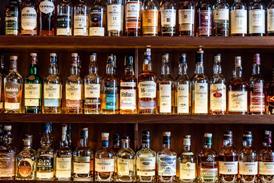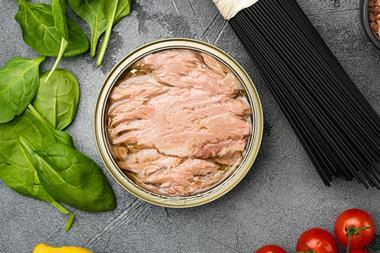I bet many food industry sceptics about obesity breathed a sigh of relief at last week's announcement that a genetic link to obesity has been found. But don't get too excited!
Make no mistake, this was an important and unexpected discovery by the British scientists. They were studying the genome of 2,000 people with type 2 diabetes and 3,000 controls, ie people without.
People with two copies of a particular gene, FTO, and its variations were found to have a 70% higher risk of being obese than those with no copies of FTO or variants - and about 3kg heavier.
The 16% of people with one copy of the FTO had a 30% increased risk of being obese compared with a person with no copies. They were an average 1.2kg heavier than those who don't have it.
This finding begins to explain the variation in populations - why some people are fatter than others. But it doesn't get round the fundamental fact that the whole population is getting fatter. Those who are fattest are the canaries, the early warnings for all of us.
In 2003, the Health Survey of England found that 22% of English men and 23% of women were obese. This is already over the 16% of people with the double-fat gene FTO.
And a further 43% of men and 33% of women were overweight. Or put it the other way round, only 35% of men and 44% of women were of the desirable weight or lower.
So what messages does this study have for the food industry? I see three.
First, although there are variations among us, we humans generally have this evolutionary legacy of a capacity to store energy as fat. This mechanism was useful hundreds of thousands of years ago, but causes problems when the food system oversupplies energy rather than undersupplies it.
Secondly, the avalanche of fat, sugar and nutritionally unnecessary calories in certain foods and soft drinks still has to be contained and reduced and the food and drink industry will increasingly be expected to take a proactive rather than a reactive stance.
Thirdly, the message that the whole population has to eat less, exercise more and stop grazing/snacking and endlessly consuming needs to be reinforced.
So I see no let-up in the ongoing battle over fats, I am afraid. And that means fat labelling too.
















No comments yet